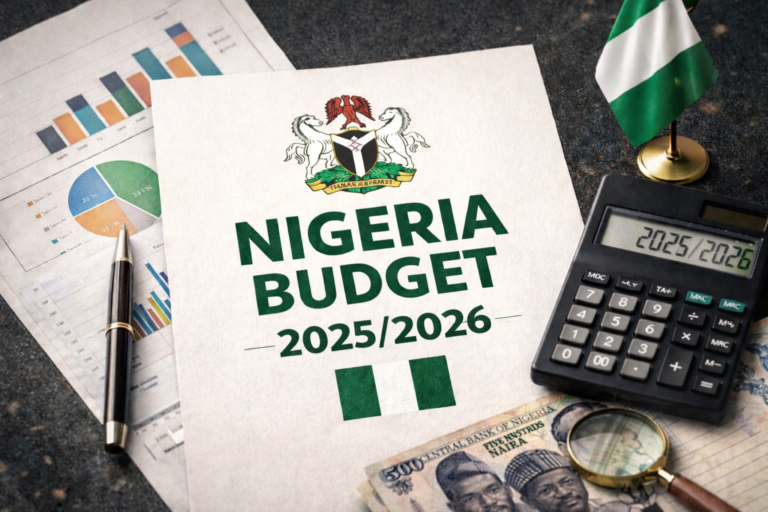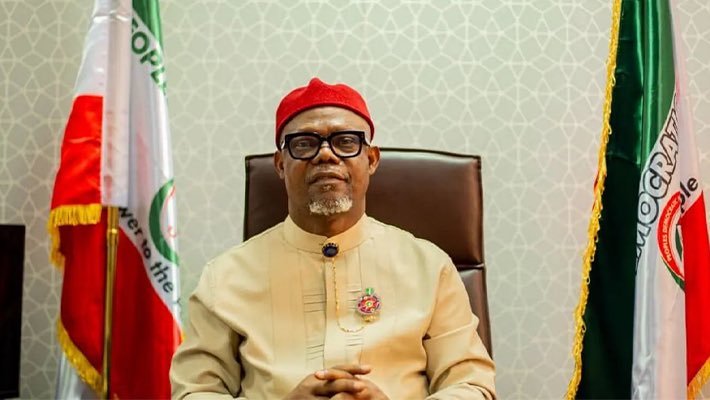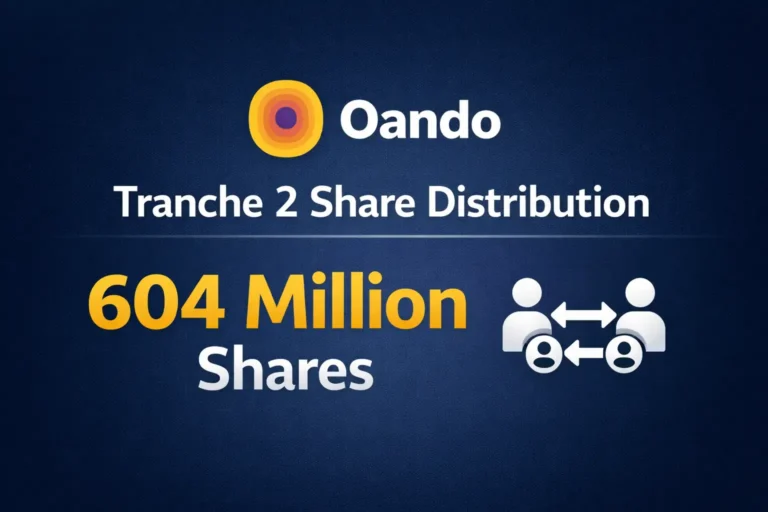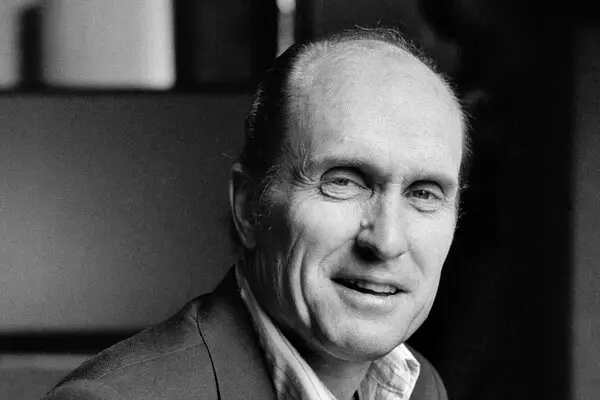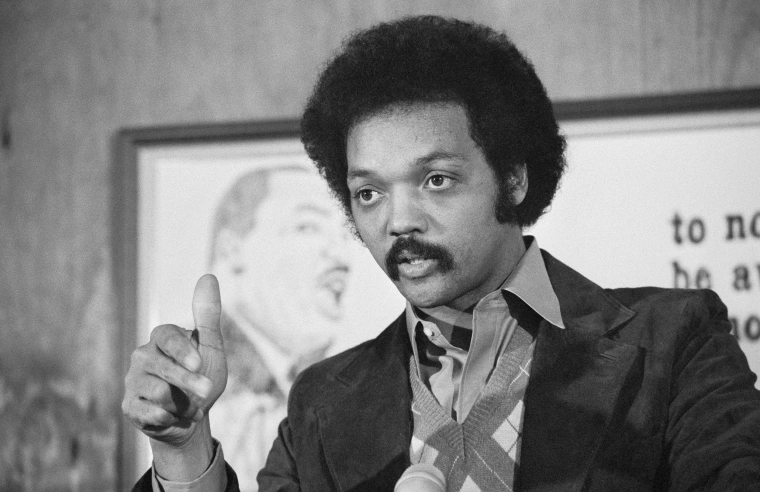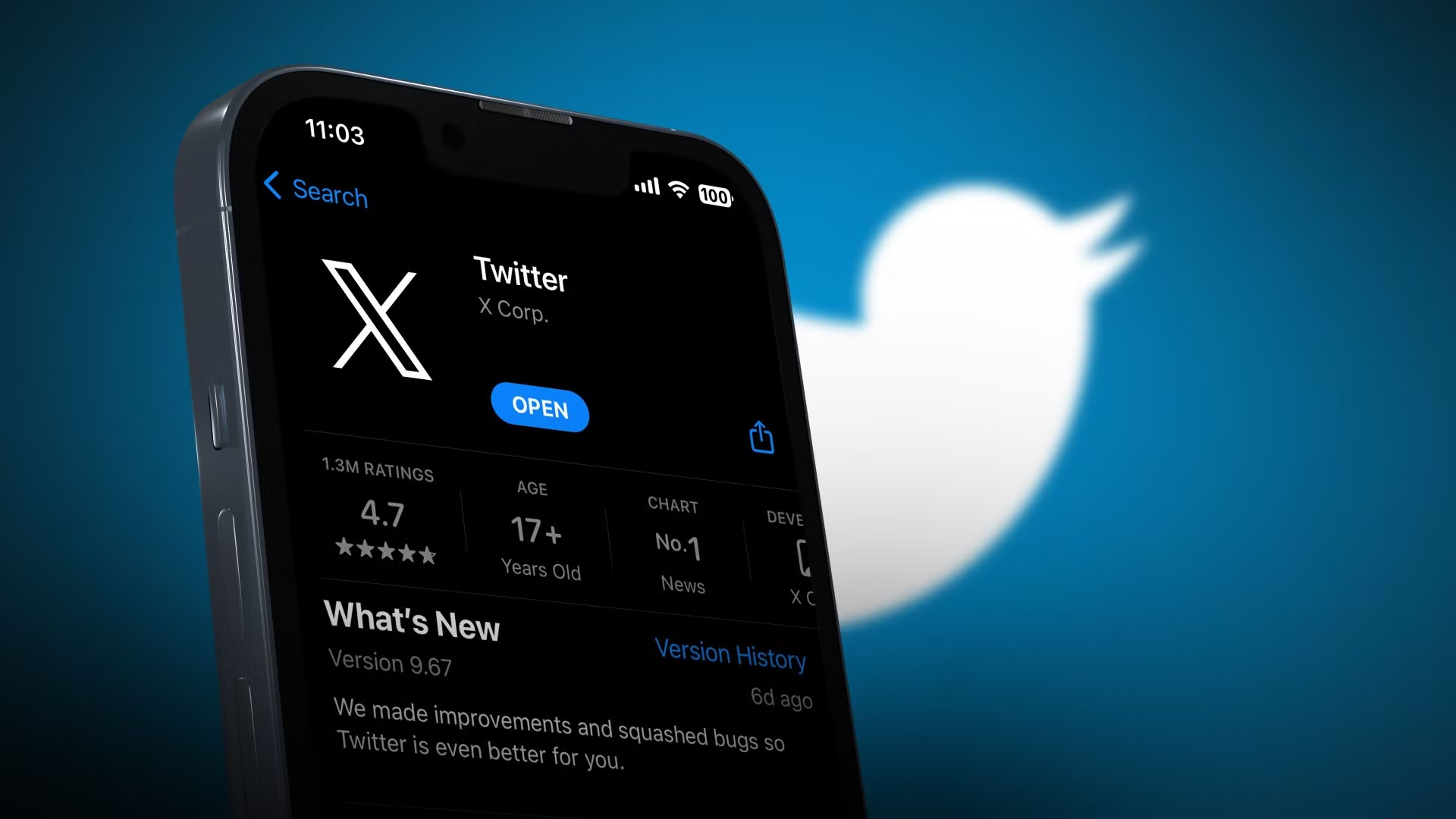U.S. President Donald Trump has reaffirmed that he does not anticipate extending the looming July 9 tariff deadline, emphasizing a tough stance on global trade partners to finalize pending deals with the United States. Speaking in a taped interview aired Sunday on Fox News’s Sunday Morning Futures, Trump said, “I don’t think I’ll need to,” while also adding, “I could, no big deal.”
His comments follow a series of warnings and reassurances, suggesting flexibility on the self-imposed deadline but a clear preference for a swift resolution. At a press briefing Friday, the president reinforced his hardline position, declaring, “I’d like to make it shorter. I’d like to just send letters out to everybody, ‘Congratulations, you’re paying 25%.’”
The July 9 deadline is a byproduct of Trump’s broader attempt to renegotiate trade relationships and bring deficits to a close through a series of bilateral agreements threatened by the potential of higher tariffs. Country-by-country tariffs, first implemented on April 2, are set to automatically reapply themselves unless exempted by new trade agreements.
Also Read:
- Gold Price Steady Amid Fed Policy and Trump Tariff Uncertainty
- Trump Tariffs: 25% on Countries Buying Venezuelan Oil and Gas
- Trump Tariffs: How Trumps Ongoing Trade war May Force the U.S. Economy Into a Recession
- Trump Tariffs: China’s Currency Suffers 16-Month Low as 47th American President Prepares to…
Despite hardline rhetoric from the president, U.S. Treasury Secretary Scott Bessent referred to the possibility of a less stringent timetable. Appearing on Fox Business Friday, Bessent reported that countries have approached the U.S. with “very good deals,” though possibly none will get done by the deadline.
“If we’re able to sign 10 or 12 of the most important 18 — there’s another important 20 relationships — then I think we could have trade completed by Labor Day,” said Bessent, adding that things are going well but might not be at a large scale by July 9.
The administration’s hard line in trade entails sophisticated negotiations with key global economies, and the extent to which these will be deep and enduring is unclear. The much-hyped U.S.-UK agreement, for instance, has loose ends, and the new agreement with China has loopholes in terms of fentanyl controls as well as full market access for U.S. exporters.
India, however, appears to be on the verge of making a breakthrough. Indian negotiators met in Washington last week, and Trump cited this as evidence that an agreement could be closed in the near term.
A lot depends on international trade as the U.S. signals a take-no-prisoners approach to negotiating deals, with 25% tariffs on the line for nations that fall short on reaching an agreement. Trump’s message — part threat, part negotiating tactic — still reverberates across international markets and diplomatic circles too.
As the July 9 deadline nears, governments, investors, and companies around the world are bracing for potential economic shifts. Whether the deadline holds or pays dividends, Trump’s trade policy is indisputably based on hardball deal-making and tariff bullying.











